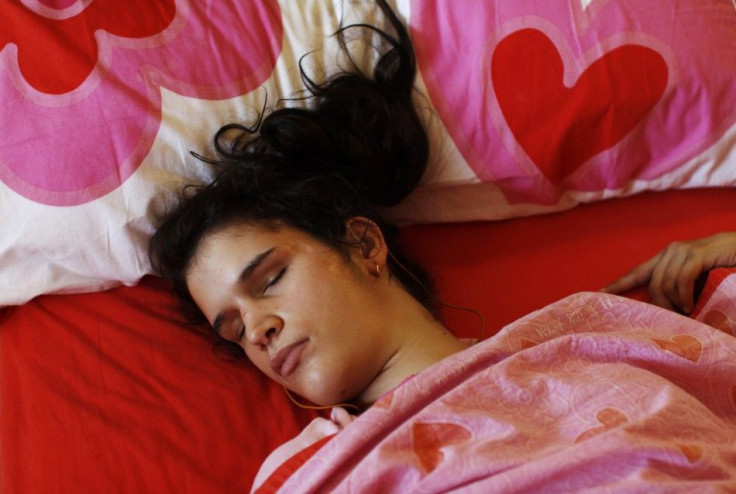Women with Sleep Disturbances Have Increased Risk of Fibromyalgia: Study

Adult women who have difficulty either in falling asleep or staying asleep have increased risk of developing the medical disorder called fibromyalgia.
The medical condition of fibromyalgia is characterized by chronic pain and increased response to pressure. It is also associated with other symptoms like fatigue, numbness, joint stiffness and, in some cases, bowel and bladder abnormalities.
The new study, conducted by researchers from Norway, reveals that there is a strong connection between fibromyalgia risk and sleep disturbance. In fact, the study indicates that such people have triple risk of developing the condition as opposed to people with normal sleeping patterns.
However, the researchers mention that the relationship is not clear cut. The Huffington Post has reported that although sleep deprivation has been shown in previous research to increase inflammation and reduce the body's ability to manage pain, experts haven't been able to draw a straight line from sleep difficulties to fibromyalgia.
Sleep problems are just one factor that may contribute to the development of fibromyalgia, the Huffington Post quoted Paul J. Mork, a study co-author and a researcher at the Norwegian University of Science and Technology, Trondheim, as saying.
It has been reported that this condition affects as many as 5 million people above 18 years of age in the U.S.
The Norwegian researchers also found that this association between fibromyalgia and sleep disorders was more in older and middle-aged women than in younger women.
This study was made taking into account ten years of data from a population-based health study. For this, the researchers also selected 12,350 women who were free of musculoskeletal pain and movement disorders for the current study.
According to PsychCentral, results show that at follow-up, 327 women had developed fibromyalgia - representing an incidence proportion of 2.6 percent during 10 years.
However, the risk was more than 3-5 times greater among women who reported sleep problems.
© Copyright IBTimes 2024. All rights reserved.





















